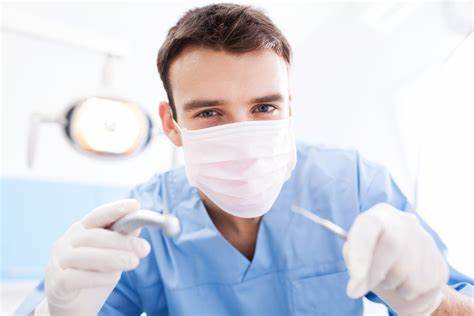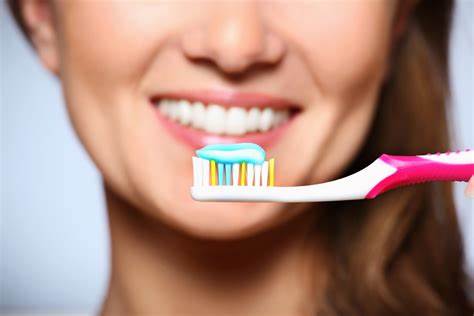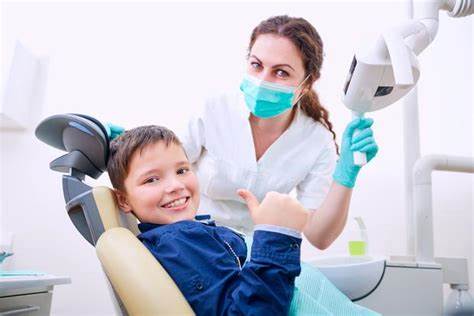How can your dentist help you sleep well?

Tell your dentist!
The dentist cares more than just your pearl white. We are here to help you with your overall health and happiness! There is growing evidence that sleep deprivation, a condition that may cause all the symptoms listed at the top of this post, is at the root of a large number of illnesses every day. Fortunately, treating sleep deprivation is what most dentists are willing and able to do.
Your dentist can help you sleep
Your dentist can help you with a lot of sleep problems – start doing this when you “open up” during a dental appointment. Your mouth, neck and chin can show signs of your sleep quality. For example, worn enamel may be a sign of stress or anxiety, causing people to grind their teeth at night. The shape of your chin may also mean that your dentist is at risk for sleep apnea (also known as obstructive sleep apnea or OSA).
If your dentist suspects you have a sleep disorder, they will ask you to see a sleep doctor to check. This may involve a physical examination by a doctor or a polysomnography test (also known as a sleep study) to measure markers such as your blood oxygen level, heart rate, and breathing during sleep. Once you are diagnosed with a sleep disordered breathing, you can contact your dentist to discuss your journey for a better night's sleep.
Sleep apnea: the way the dentist goes
Although it may not be widely known, many dentists are specialized in training and managing sleep apnea. Dentists can help you improve your sleep quality, allowing you to adapt to the jaw advancement device – a mouthpiece that looks like a sports guard, open your airway while you sleep – to suggest that you can change your lifestyle, such as Eat a low-fat diet or eat low-fat foods. The buzzing sound from the computer screen before going to bed allowed me to spend a more comfortable night.
The field of dental sleep medicine is dedicated to the practice of installing oral devices for sleep apnea therapy. Many dentists are specially trained in this area. If you are diagnosed with sleep apnea, there are many reasons to ask your dentist if he or she is not. Wearing a mask at night to improve breathability during sleep, the mask is light and compact, does not require a power source, and many patients feel more comfortable than CPAP.
If you think you may have a sleep disordered breathing, take your dentist next time you go for an exam. They will definitely make you sleep well.
YOU MAY ALSO LIKE







